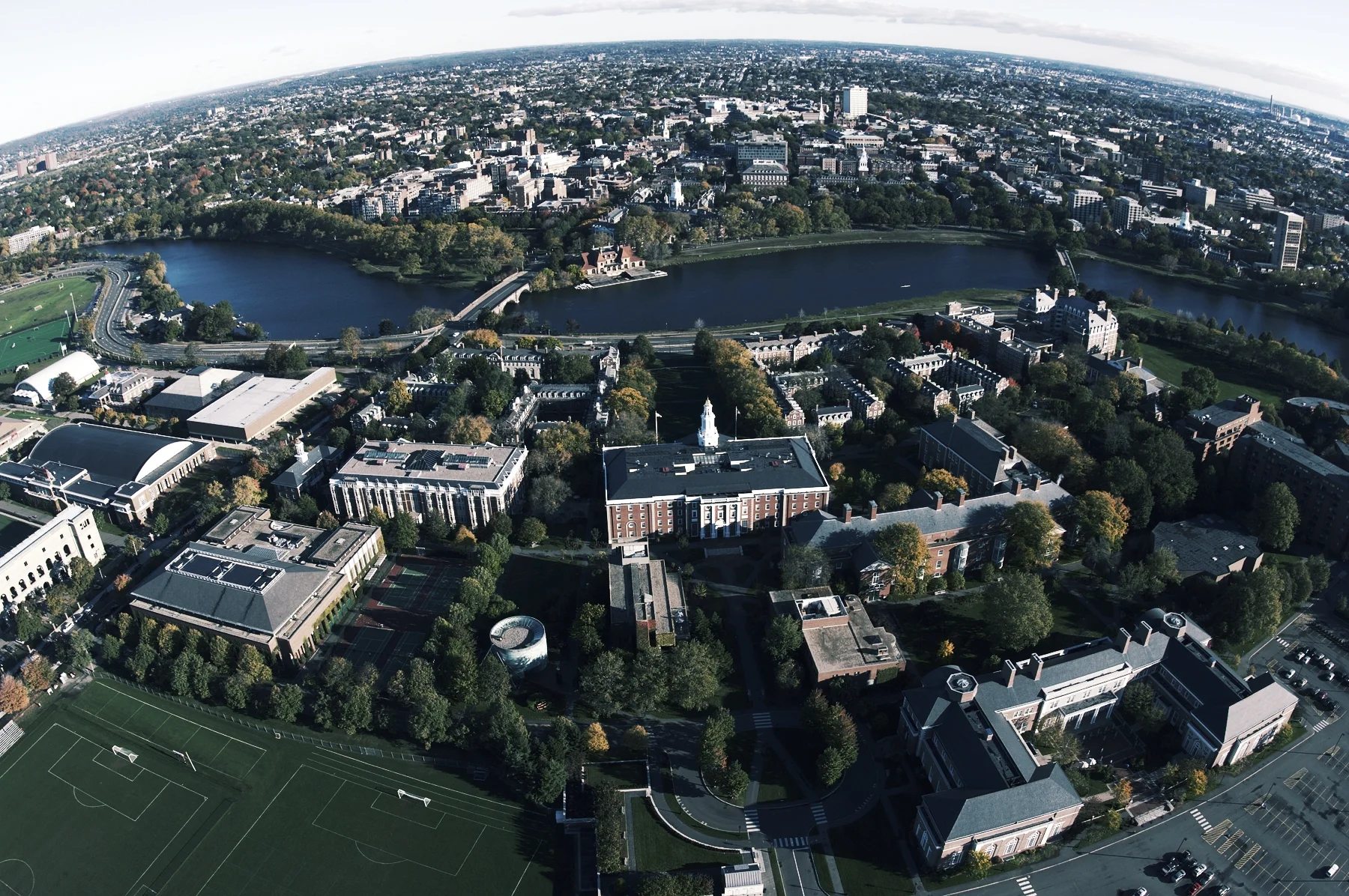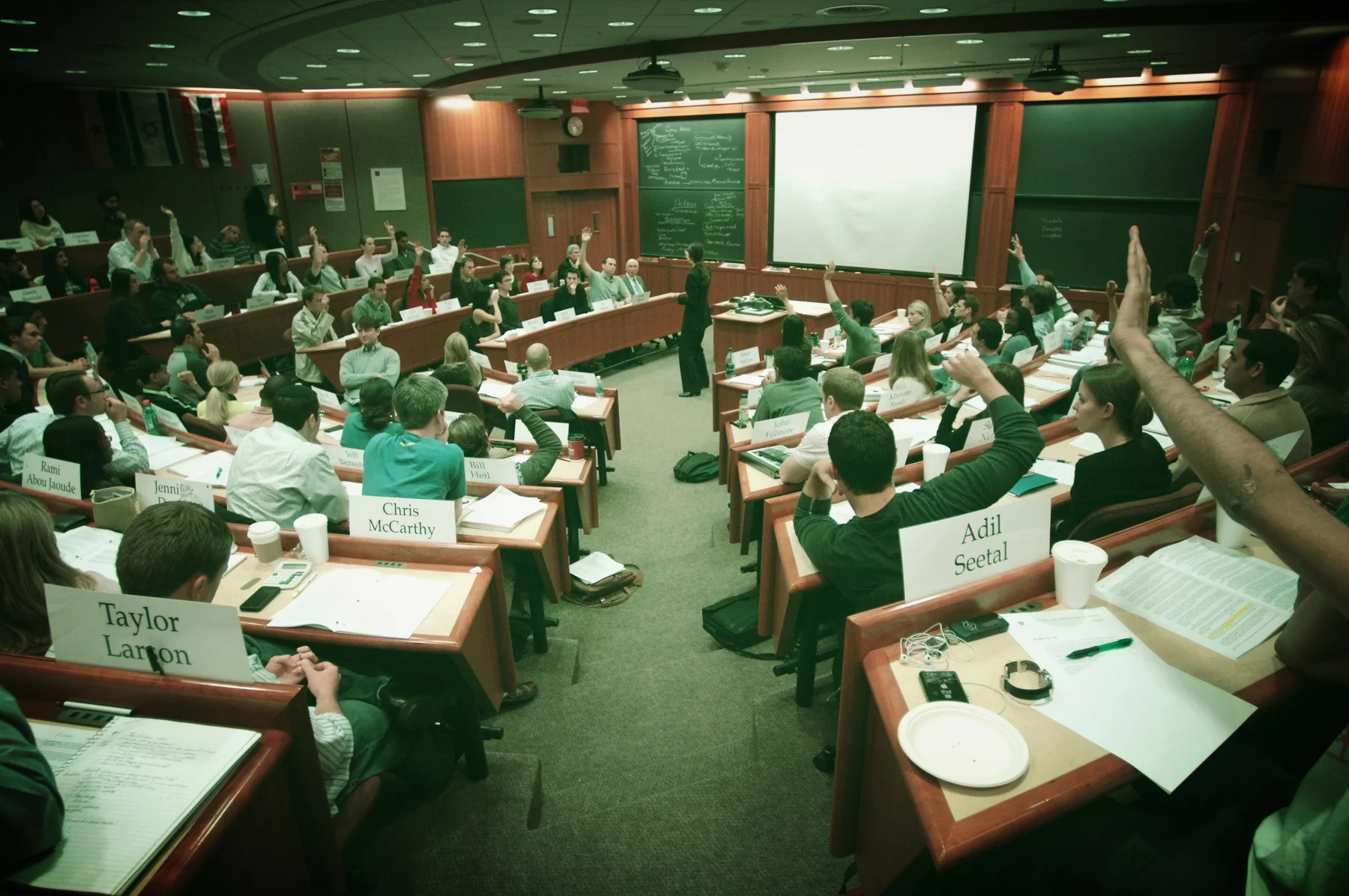Early admission MBA programs are designed for undergraduate students, or graduate students with no full-time work experience. Students who are ready to get a head start and solidify the next stage in their career. It also appeals to recent graduates who want to build expertise before getting their MBA.
Thoughts on the incoming 2021 HBS application
Thoughts regarding the HBS application: THE POST-INTERVIEW RESPONSE ASSIGNMENT (when they see something free, cool and confident, they are impressed), THE UNUSUAL WAITLIST SCENARIO (Only respond if you don’t want to stay on the waitlist), THE OPEN-ENDED ESSAY (can you confidently share something they don't know).
Advice on How to Handle the HBS Waitlist
Going quick and nothing fancy here, just looking to get the word out on "HBS Waitlist Day" as it will likely become known in the future.
I stunning number of candidates appear to have been WL'd today, just based on what I'm seeing stream across my inbox. The biggest group looking for answers are candidates I've never heard of, who are seeking answers and asking what to do. This is when I know I have to go to the blog. Let's work through this.
Can I get into Harvard Business School with a 650 GMAT?
Time to Start Thinking About HBS 2+2
Do you pass Stanford GSB's smell test?
If you read our “How to Apply to Harvard Business School” and "How to Apply to Stanford GSB" guides, you already know that cultivating a real reason for applying to an elite MBA goes well beyond the school's name, rank, and prestige.
But more than any other MBA program in the world (yes, even HBS), GSB looks beyond having a great GMAT score, a summa cum laude GPA and a blue chip name as your employer. While these are respectable measures of a person’s perceived worth, they are not good enough reasons to apply to GSB.
Why is this?
HBS 2+2's New Look
Today, on her "Director's Blog", Dee Leopold of HBS explained some of the new ins and outs of the HBS 2+2 program.
Her explanation centered on the way all college seniors are being folded into the 2+2 pool of applicants and she stressed that it did not signal a sea change for 2+2 as much as it did reinforce that no college seniors will be going straight to Harvard Business School after graduation. In other words, HBS has always offered deferred admission spots to college seniors applying in the regular rounds one, two, and three, so now they will just be formally moved into the 2+2 pool. The part that Dee (one of my favorite admissions professionals, by the way - incredibly smart, loves her school, plays chess while others are often playing checkers) didn't get into was the removal of the "business major restriction" - in the past, business majors were not allowed to apply to 2+2, as the program was designed to pull people from disciplines such as engineering, humanities, and the arts. Obviously, now that all college seniors are being pushed out of the regular pool and into 2+2, that restriction had to be removed.
So what does any of it mean, exactly?
For starters - and we will stress that this is has a minor impact - it possibly makes the 2+2 pool a little tougher and it definitely makes the regular pool a little easier.
- Say there were 15 amazing college seniors to apply in a year that HBS decided to offer deferred admission to. In the past, those 15 spots were coming out of the 900 full-time seats, two years down the road. Now, either those spots will come out of those earmarked for traditional 2+2 students, or, since college seniors will be applying AFTER their more traditional "junior summer" counterparts, the size of that year's cohort will just swell a bit.
As for business majors, our instinct is that it will still be harder to earn a spot in the 2+2 program if you are coming from a business background.
- This is in part because the road is now paved for you to go do all the things a great HBS applicant should do in the business sector, but also because we believe the program was originally conceived in order to draw would-be law students, public policy students, med students, and PhDs into the b-school orbit. If that is a core philosophy - to capture incredibly bright young leaders and give them business training - then it stands to reason that there won't be massive changes in "typing."
Who should apply to 2+2?
- We actually haven't changed our stance on this much. We believe that anyone - yes, even a business major - who has strong academic chops, has displayed great leadership, and has the passion to apply SHOULD DO SO.
- Why? A couple of reasons: first, worst case scenario, this is a dry run that will transform the way you approach the next 2 - 6 years. Being asked to sit down and map out your strengths, articulate your goals, analyze who you are ... that's intense stuff and if you do it for real, with actual stakes, you will become a better employee and eventual b-school applicant. Even if you didn't get into HBS 2+2, if you take a real run at it and take the process seriously, you will absolutely accelerate your career and grad school time line.
- Second, there still seems to be a *slightly* easier chance at getting in. There simply aren't as many 20 and 21 year olds who have academic excellence, great leadership, and self awareness as there are 24, 25, and 26 year olds who have those same attributes. The field tends to crowd the more you hit the HBS sweet spot of 3 or 4 years out of school. You are up against not only the elite juniors and seniors from your year, but also the people who had the light bulb go off post-college. In other words, if you enjoy an advantage - ANY advantage - now, you should try to press it before people who currently aren't on your radar wind up passing you. Conversely, if you are not competitive now, take heart that you can lap a lot of superior candidates in a few years.
All told, whatever the reasons it was created and whatever small changes are being made administratively, 2+2 is a really cool program that gives college students a unique opportunity to walk the walk and see what they are made of.
A lot of truly exceptional people have been "found" this way already, and HBS is confident they will find many more. So are we.
Applying to HBS 2+2? Be sure to check out our free guide on How to Apply to HBS.
Since 2008, we've worked with more than 1000 applicants to top MBA programs. To find out more about your options and how we can help you with your business school application, email us at mba@amerasiaconsulting.com or contact us via http://www.amerasiaconsulting.com/contact.
For an overview of our MBA admissions consulting services, visit http://www.amerasiaconsulting.com/mba-admissions-consultants-client-commitment/.



















